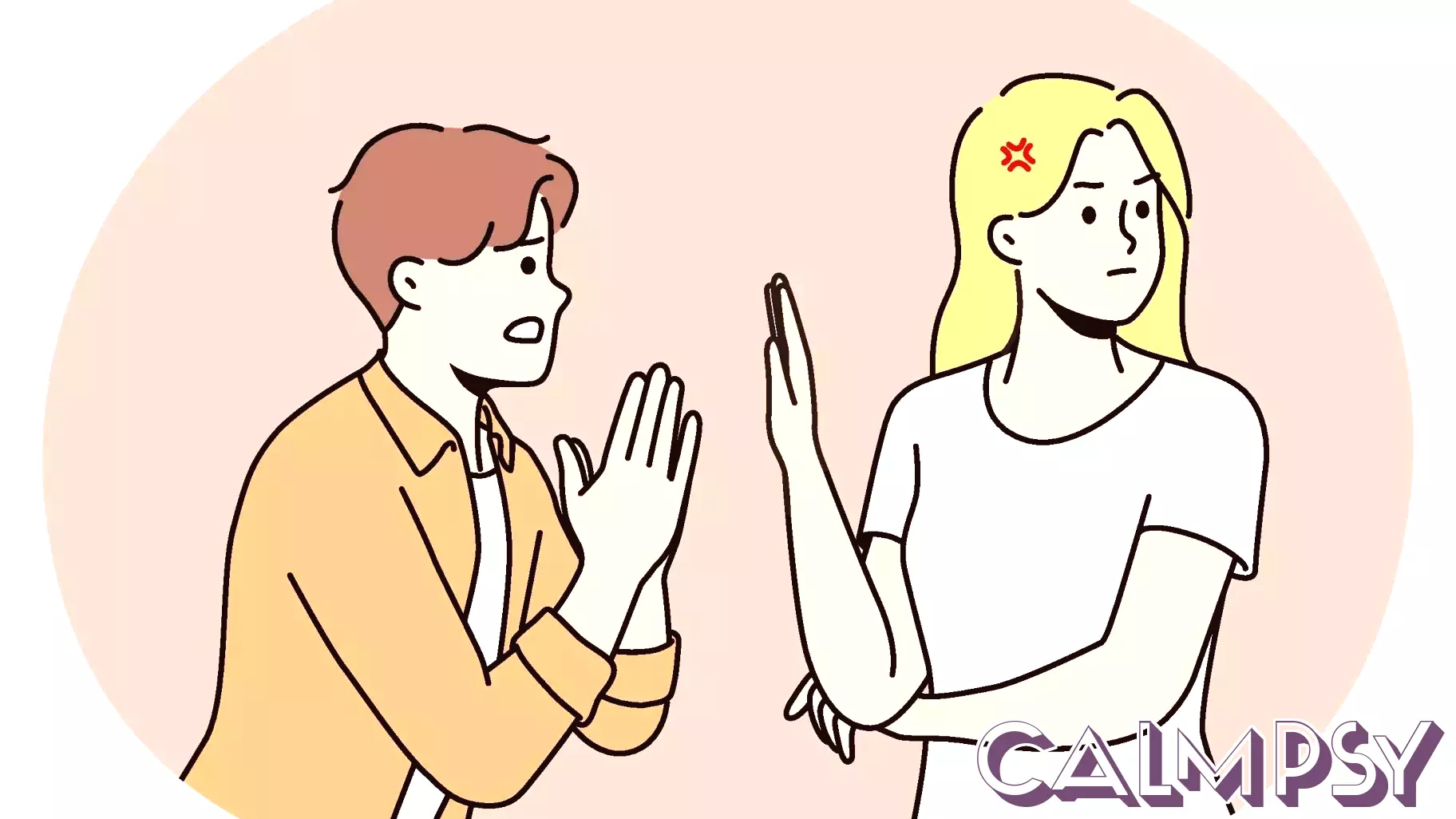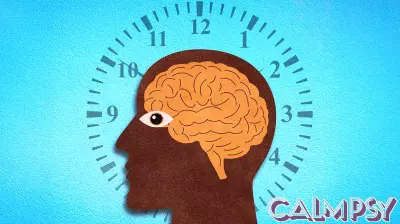The Impact of Insincere Apologies on Relationship Conflicts
April 23, 2025 - 05:41

In adult relationships, conflict isn’t the enemy — disconnection is. When partners face disagreements, the way they handle apologies can significantly influence the outcome of the situation. A common pitfall occurs when apologies are made without acknowledging the emotional truth behind the conflict. Such insincere apologies can leave individuals feeling unheard and misunderstood, exacerbating feelings of disconnection.
Psychologists emphasize that genuine apologies should address the feelings and experiences of both partners involved in the conflict. When one partner simply says “I’m sorry” without delving into the emotional aspects of the disagreement, it can lead to further resentment and frustration. This lack of emotional validation can create a rift, making it difficult for the couple to reconnect.
To foster healthier communication, it is essential for partners to engage in open dialogue about their feelings. Acknowledging each other’s emotions can help bridge the gap created by conflict, ultimately strengthening the relationship rather than weakening it.
MORE NEWS

February 21, 2026 - 04:49
New Theory of Learning Upends the Lessons of Pavlov’s DogA groundbreaking new theory is poised to rewrite a fundamental chapter in psychology, directly challenging the legacy of Pavlov`s famous dogs. For over a century, the principle of...

February 20, 2026 - 03:37
Psychology says people who pick up litter even when no one is watching usually display these 7 traits that are becoming increasingly rareIn a world where actions are often performed for social validation, a simple, unobserved act—picking up a stray piece of litter—can speak volumes about a person`s character. Psychologists note...

February 19, 2026 - 09:31
Psychology says the reason you feel exhausted after doing nothing all day isn't laziness — it's that unresolved decisions drain more energy than physical effort ever couldIf you`ve ever collapsed on the sofa after a seemingly lazy day, bewildered by your own fatigue, psychology points to a clear culprit: your unmade decisions. The mental load of unresolved choices�...

February 18, 2026 - 23:26
Meredith Professor Elected as President-Elect of the Society of Occupational Health PsychologyDr. Leanne E. Atwater, the program director for the Master of Arts in Industrial-Organizational Psychology program at Meredith College, has been elected as the President-Elect of the Society of...